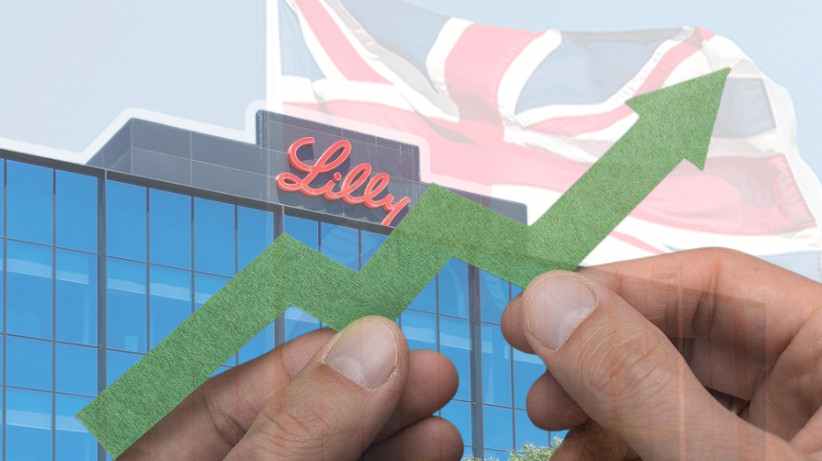
July 2025 saw BioNTech execute two landmark transactions, positioning it as a leader in next-generation oncology.
In June, the company entered a global co-development and commercialisation agreement with Bristol Myers Squibb for BNT327, a PD-L1/VEGF-A bispecific antibody under investigation for solid tumours. The deal includes an upfront payment of 1.5 billion USD (approximately 1.38 billion EUR), followed by 2 billion USD (1.84 billion EUR) in guaranteed anniversary payments through 2028. Milestone payments could raise the total value to as much as 7.6 billion USD (around 7 billion EUR).
BNT327 is in multiple global trials, including Phase III studies for small cell and non-small cell lung cancer, with over 1,000 patients treated to date. The partners will share development and manufacturing costs, splitting profits and losses equally.
Shortly after the BMS deal, BioNTech announced the acquisition of CureVac in an all-stock transaction valued at approximately 1.25 billion USD (around 1.16 billion EUR). CureVac shareholders will receive 5.46 USD in American Depositary Shares for each CureVac share. The transaction was unanimously approved by both companies' boards and includes a minimum acceptance threshold of 80 percent of CureVac shares, subject to standard closing conditions.
The deal consolidates mRNA capabilities, intellectual property and manufacturing infrastructure, and positions BioNTech with greater control over its RNA-based technology platforms.
Together, these moves signal BioNTech’s evolution from opportunistic partnerships to integrated platform building. The BMS agreement reflects growing US interest in early-stage European oncology assets. Meanwhile, the CureVac acquisition removes a domestic competitor while strengthening delivery technologies and production capacity.
These transactions also come as Germany introduces reforms to improve its clinical research environment. A new standardised framework for trial contracts is expected to streamline collaboration with study centres. Revisions to the EU Medical Device Regulation, due later this year, aim to ease approval timelines for diagnostics and therapeutics.
For the European biotech sector, July underscored a clear direction: capital is flowing, consolidation is accelerating, and platform depth matters more than ever.
